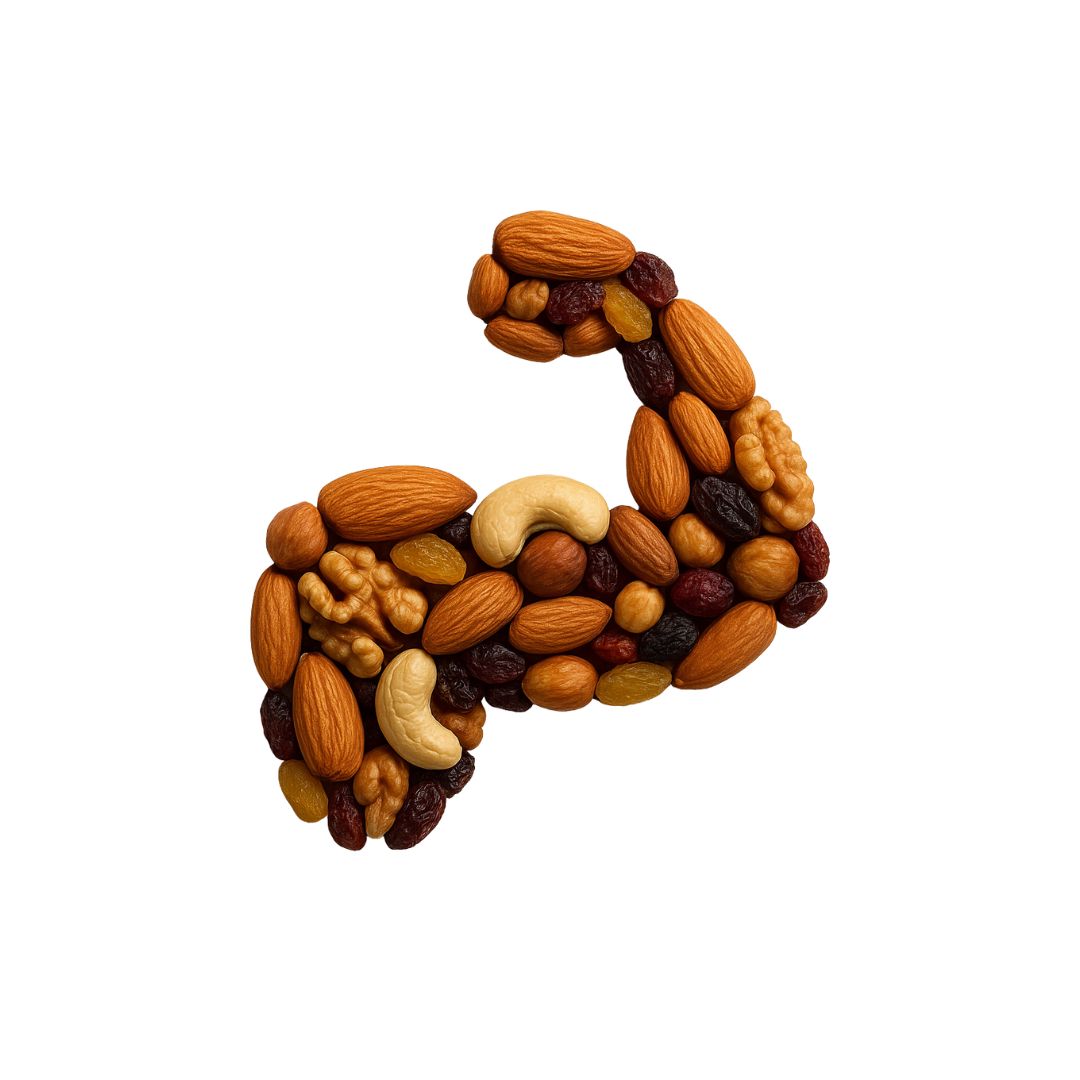
The Power of Dry Fruits in Everyday Nutrition
Bikash PatelShare
Introduction
Dry fruits are often called “nature’s nutrient-dense snacks.” For centuries, they’ve been a part of traditional diets across cultures, from being included in Ayurveda to being a staple in Mediterranean eating patterns. What makes them special is that they pack energy, vitamins, minerals, and antioxidants in small servings, making them ideal for modern lifestyles.
Why They Matter
Unlike many processed snacks, dry fruits are naturally rich in nutrients. Almonds, walnuts, cashews, figs, raisins, and apricots each bring unique health benefits:
-
Energy boost: The natural sugars and healthy fats in dry fruits provide sustained energy.
-
Heart health: Walnuts are known for omega-3 fatty acids that support cardiovascular health.
-
Immunity support: Raisins and figs are rich in antioxidants that help the body fight oxidative stress.
-
Digestive wellness: Prunes and figs are excellent for maintaining gut health due to their fiber content.
Practical Uses
Dry fruits can be eaten raw, soaked overnight, or roasted for variety. They blend well with breakfast cereals, yogurts, and smoothies. Adding chopped dry fruits to salads, desserts, and traditional recipes enhances both taste and nutrition.
Moderation is Key
While healthy, dry fruits are calorie-dense. A small handful daily is enough to reap benefits without overloading on calories. Choosing unsweetened, unprocessed options helps avoid added sugars or oils that reduce their natural value.
Conclusion
Incorporating dry fruits into your daily diet is a small step toward better health. They provide the right mix of taste, tradition, and nutrition, something your body can truly benefit from in the long run.
